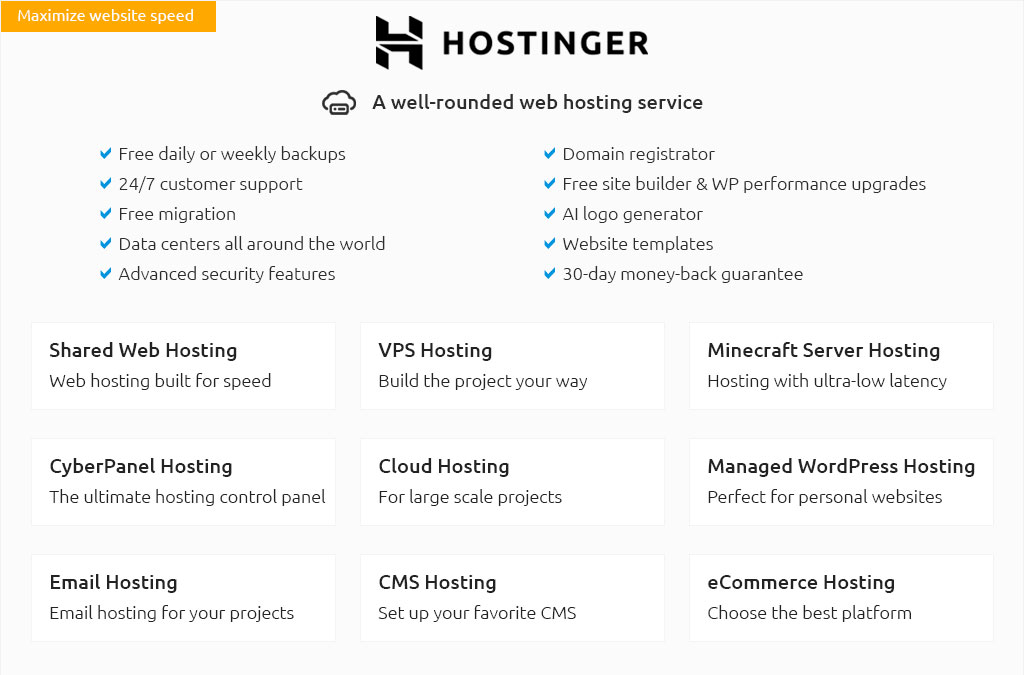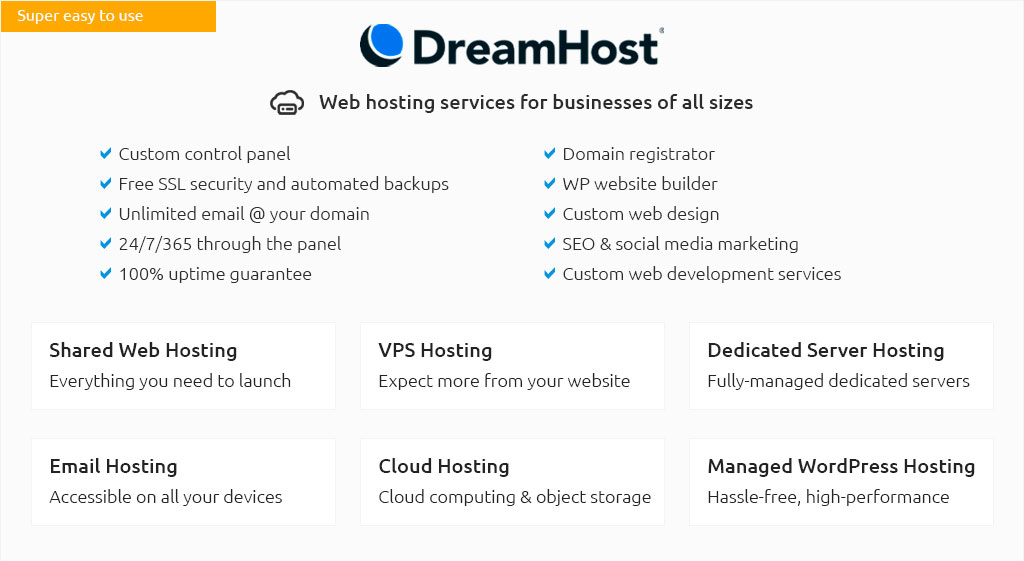 |
|||
 |
 |
 |
|
 |
|
 |
 |
 |
|||
 |
|||
 |
|||
 |
|||
 |
|||
 |
|||
 |
 |
Understanding Self-Managed VPS Hosting: A Comprehensive AnalysisIn today's digital landscape, the term self-managed VPS hosting often surfaces when discussing web hosting solutions. As businesses and developers seek greater control over their online environments, this form of hosting offers a plethora of advantages, albeit with certain responsibilities. At its core, a Virtual Private Server (VPS) provides a middle ground between shared hosting and dedicated servers, offering dedicated resources in a virtualized environment. This flexibility allows users to configure their servers to meet specific needs, which is why many tech-savvy individuals and companies are gravitating towards self-managed options. One of the most compelling benefits of self-managed VPS hosting is the freedom it grants. Users have the autonomy to install and configure the software of their choice, optimize server performance, and implement security measures tailored to their requirements. This level of customization is a significant draw for developers and businesses with unique hosting needs. For those with the technical know-how, self-managed VPS hosting becomes an empowering tool, enabling them to mold their server environments to align perfectly with their goals. However, with great power comes great responsibility. The freedom offered by self-managed VPS hosting also means that users are solely responsible for all aspects of server management. This includes handling software updates, security patches, and troubleshooting any issues that may arise. For individuals or organizations lacking technical expertise, this can quickly become a daunting task. The learning curve is steep, and the risk of misconfiguration or security vulnerabilities is ever-present. Thus, while the potential for customization is immense, it is not without its challenges.
In conclusion, self-managed VPS hosting presents a dichotomy of potential and responsibility. It is a powerful solution for those who require a high degree of customization and are equipped with the necessary technical skills to manage their servers effectively. However, for those without such expertise, the risks and challenges may outweigh the benefits. As with any technological decision, it's crucial to weigh these factors carefully against the specific needs and capabilities of your business or project. By doing so, you can ensure that the choice you make aligns with your strategic objectives and operational capacity. https://www.accuwebhosting.com/blog/understanding-differences-fully-managed-self-managed-vpss/
There are two basic types of VPSs differentiated by how servers are managed, including fully managed servers and self-managed VPS. https://support.hostinger.com/en/articles/8852150-what-is-a-self-managed-vps
A self-managed VPS offers complete control over the server environment. The hosting provider supplies the physical server and ensures its uptime, but beyond ... https://www.bodhost.com/web-servers/self-managed-vps-hosting
In contrast, self-managed VPS hosting typically involves the hosting provider managing the hardware and infrastructure, while the user is responsible for ...
|